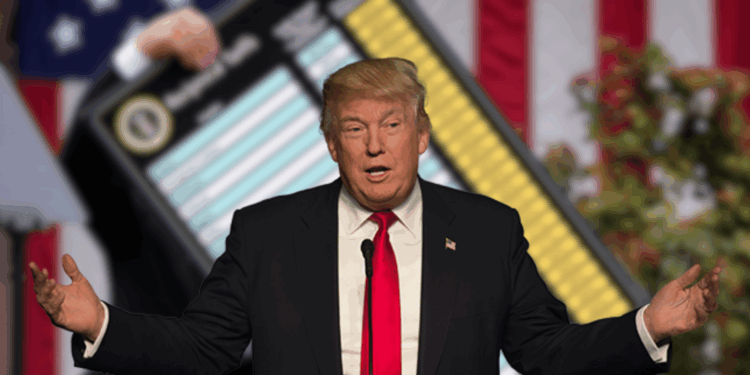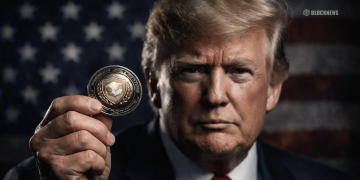- Trump sent tariff letters to six new countries, adding to 14 already notified earlier this week.
- Tariffs ranging from 20% to 40% are set to take effect August 1 with no planned extensions.
- The White House says adjustments might be possible based on individual country relations.
President Donald Trump has escalated his aggressive trade policy by sending letters to six additional countries—Philippines, Brunei, Moldova, Algeria, Iraq, and Libya—informing them of upcoming U.S. tariffs on their exports. These letters were shared publicly via Truth Social and mark the continuation of his “reciprocal tariffs” campaign, set to go into effect on August 1.
Over a Dozen Countries Already Targeted
This new round of tariffs follows letters sent earlier this week to 14 nations, including Japan, South Korea, Indonesia, Bangladesh, and South Africa. Each letter outlines steep duties ranging from 20% to 40%, echoing Trump’s “liberation day” tariff framework from April 2 that established a 10% global baseline with much higher rates for certain countries.
Tariff Rates May Shift Based on Relationships
Though the letters uniformly impose stiff new levies, they include a caveat: the U.S. might consider adjusting rates depending on its diplomatic relationship with each country. Trump’s stated aim is to realign what he sees as unbalanced trade practices, and he is openly using tariffs as a tool to force renegotiation and policy shifts abroad.
Deadline Set: No Extensions Past August 1
While Trump had previously paused the April tariff plan for 90 days, he has now set August 1 as the firm start date for these new duties. In a Truth Social post Tuesday, he reinforced that the date is non-negotiable, declaring, “No extensions will be granted.” The official delay was formalized through an executive order on Monday.














